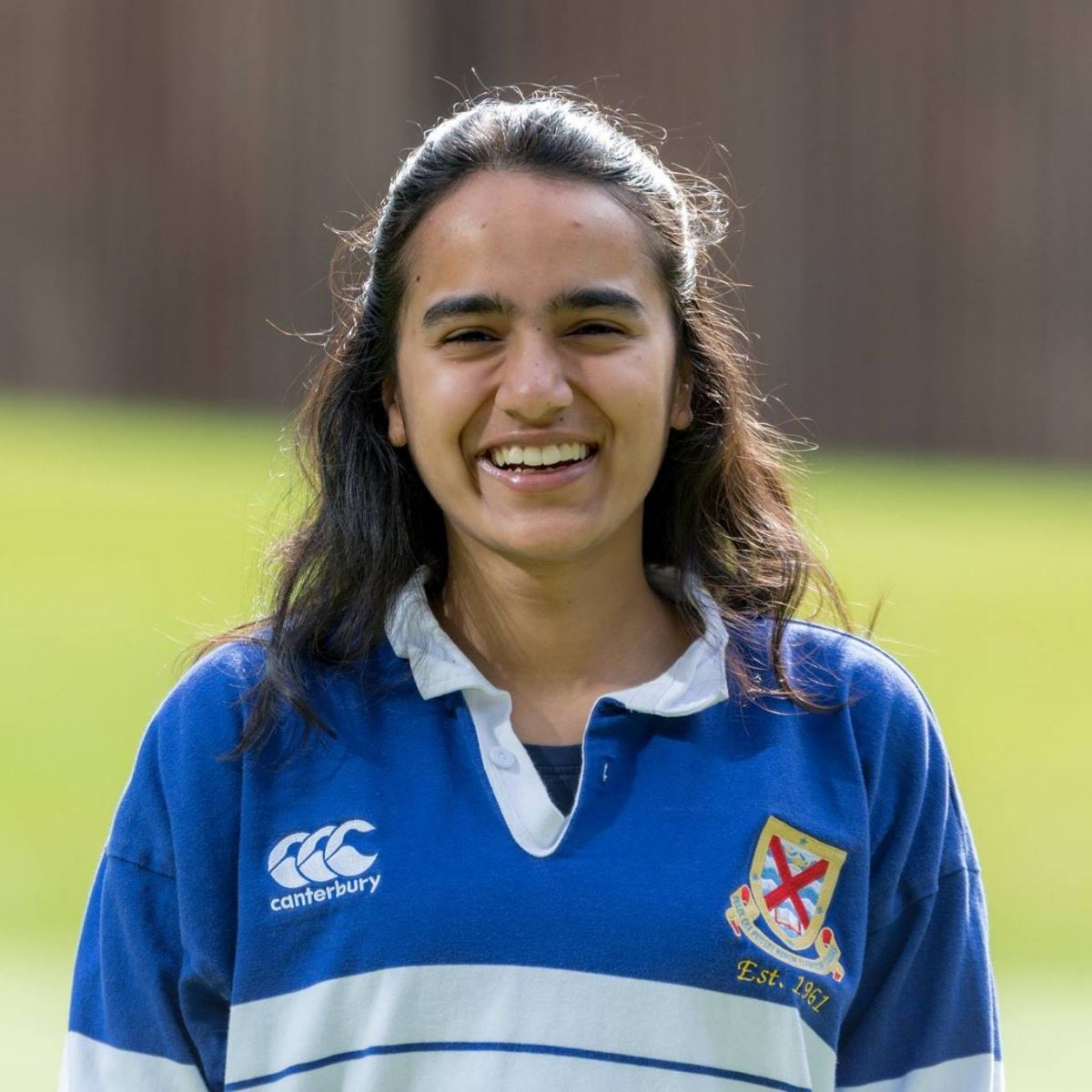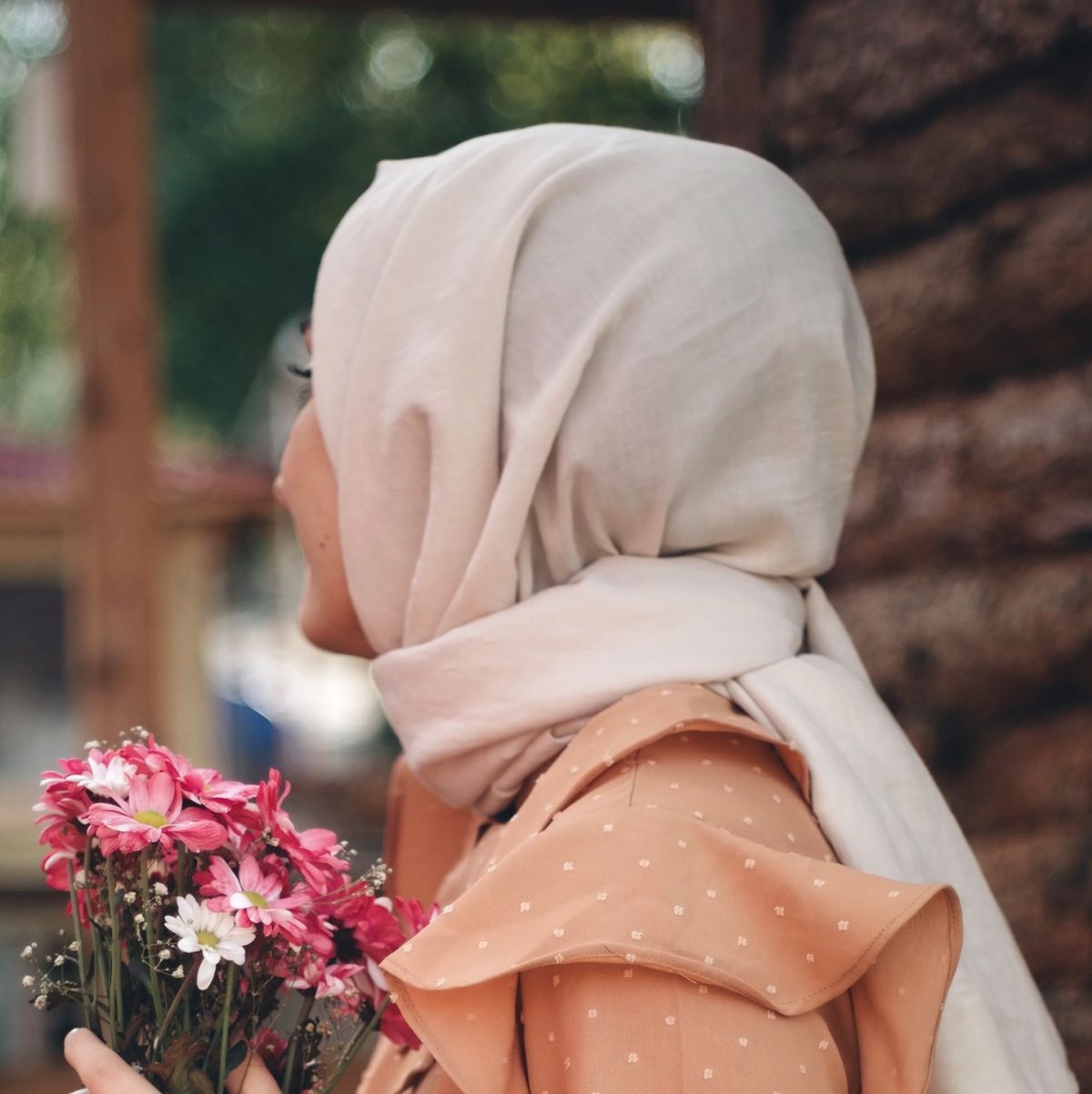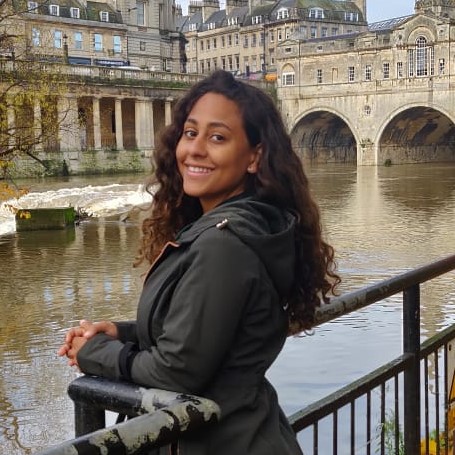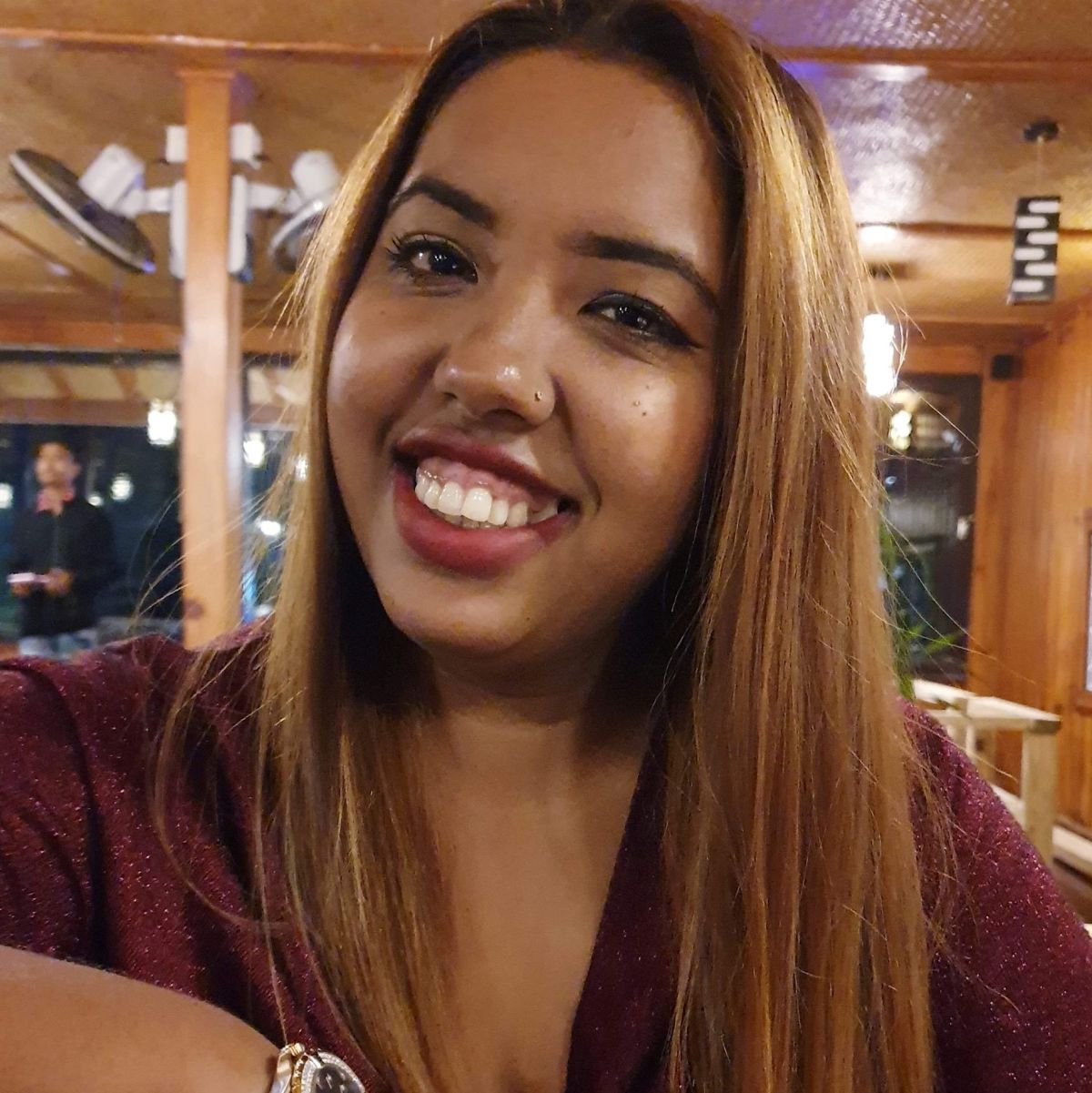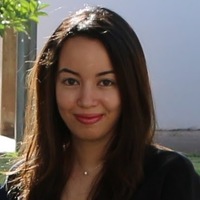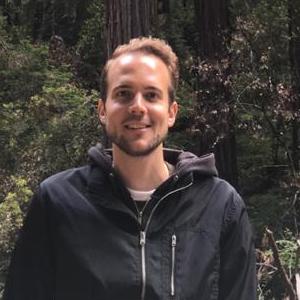Inchieste inedite sull’aborto in Nigeria (1/4)
Vietare l’aborto è una forma di discriminazione contro le donne. In Nigeria l’aborto è ancora illegale, ma non ha impedito a migliaia di donne di farlo. Queste donne mettono a rischio la propria vita accettando procedure pericolose pur di interrompere la gravidanza. In questa serie di storie, Hannah, scrittrice, giornalista e portavoce di CotW parla con donne che nonostante il pericolo hanno deciso comunque di abortire.
Nigeria, Western Africa
Story by H.T. Jagiri. Translated by Giovanna Luisetto
Published on June 17, 2023.
This story is also available in 




Vietare l’aborto è una forma di discriminazione contro le donne. In Nigeria l’aborto è ancora illegale, ma non ha impedito a migliaia di donne di farlo. Queste donne mettono a rischio la propria vita accettando procedure pericolose pur di interrompere la gravidanza. Da sostenitrice di diritti delle donne e uguaglianza di genere, mi interessava verificare le conseguenze del divieto di abortire in Nigeria. Così ho incontrato donne che hanno messo in pericolo la propria vita pur di farlo. Questa è la storia di Seyi*.
Era un venerdì sera dell’anno 2017. Gli abiti variopinti della gente di Tanke Ilorin [1] indaffarata nei propri affari quotidiani coloravano le strade. Si celebrava Eid Mubarak [3] e si vedevano in giro diversi tipi e modelli di Hijabs and Abayas [2]. Seyi era tra la folla. Stava andando a comprare i farmaci che avrebbero interrotto la vita del piccolo che stava crescendo dentro di lei. Da qualche settimana aveva scoperto di aspettare un bambino. A soli 17 anni e al secondo anno dell’università di Ilorin, era consapevole che non sarebbe stata in grado di occuparsi di un figlio e di non essere ancora pronta a diventare madre.
"Quando ebbi i risultati del test mi sentii come se il mondo mi fosse crollato addosso. Lo dissi al mio ragazzo, e rispose che non potevamo tenerlo. Non ebbe bisogno di convincermi. Sapevo di non poter tenere il bambino. Ero io stessa ancora una bambina. Subito dopo la mia decisione, cercai una soluzione online. Fu così che venni a conoscenza del Mifepristone e del Misoprostolo." Mentre parlava le sue labbra disegnarono un sorriso triste.
La via era piena di vita, i venditori ambulanti mostravano la propria merce a chiunque passasse, richiamando a gran voce l’attenzione dei passanti. Nella prima farmacia in cui Seyi entrò c’era una donna che indossava una hijabian [4].
"Nella prima farmacia in cui entrai, incontrai una sorella hijabian. Le dissi che mi servivano Mifepristone e Misoprostolo. Cambiò espressione, e urlò in modo che sentissero tutti i presenti che non vendeva farmaci per abortire. Pensai che fosse la fine. Uscii dalla farmacia piena di vergogna, ma consapevole che tornare a casa senza farmaci non era una possibilità. Sapevo che tenere il bambino non era previsto. Così decisi di provare in un’altra farmacia. La seconda non era così grande, e la farmacista era riluttante a vendere i farmaci. Lo fece dopo un po’. Quando vidi che la farmacista era incinta, quasi scoppiai a ridere. Pensai che Dio mi stesse punendo. Mi sentii come una barzelletta per Dio e gli angeli''
Non potevo chiamare nessuno perché ne avrei pagato le conseguenze. Così aspettavo di morire, sdraiata sul pavimento.
Seyi entrò in camera sua. La stanza era indipendente e praticamente vuota, c’erano solo un materasso e una pila di libri sul pavimento. L’armadio era sul lato sinistro della camera, anni di utilizzo avevano già fatto saltare via parti del legno. Seyi prese i farmaci appena entrata in camera. Aspettò di sentire i crampi, ma non successe nulla per un’ora, allora ne prese altre due pillole. Subito dopo, iniziò a perdere molto sangue, con forti dolori.
"Mi sembrava che qualcosa mi schiacciasse lo stomaco, il dolore era insopportabile, e mi sentivo svenire ogni minuto di più. Credevo veramente che sarei morta. Non potevo chiamare nessuno perché ne avrei pagato le conseguenze. Così aspettavo di morire, sdraiata sul pavimento"
Fortunatamente per lei, non morì.
[1] Tanke è una città della comunità di Iorin, la capitale dello stato Kwara in Nigeria
[2] Abaya è un indumento indossato come vestito
[3] un periodo di festa per i musulmani
[4] una donna musulmana che indossa una hijab. Non tutte le donne musulmane in Nigeria la indossano.
*I nomi con asterisco sono stati sostituiti per proteggere l’identità di chi ha testimoniato a Correspondents of the World in forma anonima
Leggi qui la seconda parte – “La storia di Amina”, una serie di inchieste inedite sull’aborto in Nigeria.
How does this story make you feel?
Follow-up
Do you have any questions after reading this story? Do you want to follow-up on what you've just read? Get in touch with our team to learn more! Send an email to [email protected].
Talk about this Story
Please enable cookies to view the comments powered by Disqus.
Subscribe to our Monthly Newsletter
Stay up to date with new stories on Correspondents of the World by subscribing to our monthly newsletter:
Other Stories in Italiano
Explore other Topics
Get involved
At Correspondents of the World, we want to contribute to a better understanding of one another in a world that seems to get smaller by the day - but somehow neglects to bring people closer together as well. We think that one of the most frequent reasons for misunderstanding and unnecessarily heated debates is that we don't really understand how each of us is affected differently by global issues.
Our aim is to change that with every personal story we share.
Community Worldwide
Correspondents of the World is not just this website, but also a great community of people from all over the world. While face-to-face meetings are difficult at the moment, our Facebook Community Group is THE place to be to meet other people invested in Correspondents of the World. We are currently running a series of online-tea talks to get to know each other better.













